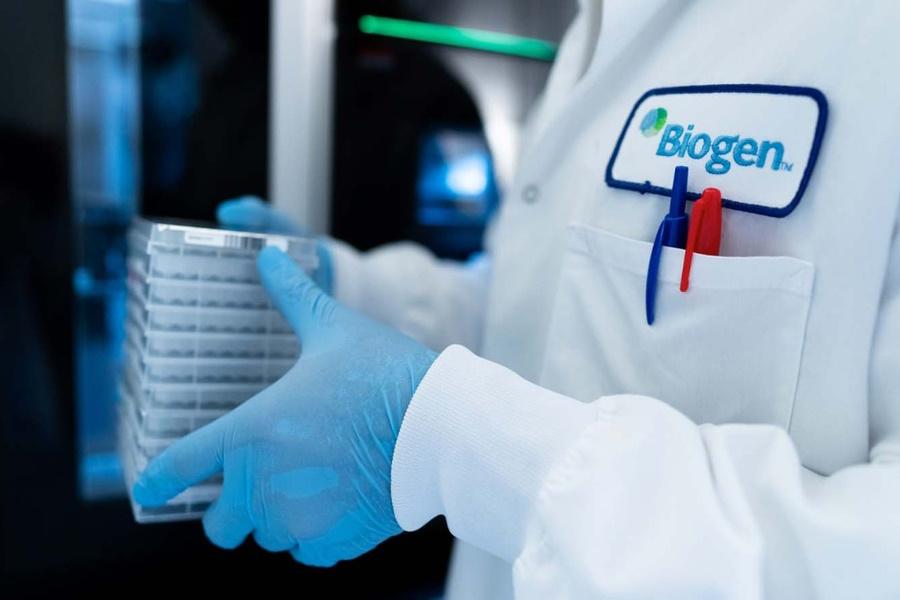Biogen pulls the plug on late-stage Parkinson’s trial

Biogen has scaled back its ambitions for Denali-partnered Parkinson’s disease candidate BIIB122, abandoning a complex and likely costly phase 3 trial that isn’t due to complete until 2031.
The drug – a small-molecule inhibitor of LRRK2 – was being tested in the phase 3 LIGHTHOUSE study in participants with Parkinson’s associated with LRRK2 mutations, which have been implicated in late-onset forms of the disease, as well as the phase 2b LUMA study in early-stage Parkinson’s.
LIGHTHOUSE will be dropped in order to focus attention on LUMA, which will read out much sooner and will now have its protocol modified to recruit patients both with and without LRRK2 mutations. The companies said patients already enrolled in the LIGHTHOUSE trial will be offered the opportunity to join LUMA.
Biogen stressed that the decision was not taken due to any concerns about the safety or efficacy of BIIB122 (formerly DNL151), but was the result of the long timeline and resource prioritisation and that the partners “remain committed to advancing the development of BIIB122.”
Other companies working on LRRK2 include Servier/Oncodesign and Neuron23, both of which have early clinical-stage candidates.
Biogen bought into Denali’s LRRK2 programme in a deal potentially worth more than $2.1 billion almost three years ago, claiming co-development and co-marketing rights to a group of LRRK2-targeted small-molecule drugs, headed by BIIB122, which was in phase 1 testing at the time.
The deal included an upfront payment and equity investment worth more than $1 billion, and also included options on two preclinical programmes from Denali’s antibody transport vehicle (ATV) platform, designed to usher amyloid-targeting antibodies over the blood brain barrier and into the central nervous system.
Biogen took up the option earlier this year, building its pipeline of drug candidates for Alzheimer’s disease. At the moment, its hopes in Alzheimer’s lie with Eisai-partnered anti-amyloid therapy Leqembi (lecanemab), which has accelerated approval and is under review for a possible full approval that could unlock reimbursement.
The decision to scale back BIIB122 comes shortly after Biogen ducked out of a wide-ranging, $2.4 billion alliance with Sangamo on gene-editing medicines for neurological disorders, abandoned a phase 3 candidate for large hemispheric infarction partnered with remedy Pharma, and decided not to go ahead with a phase2b trial of BIIB131 for ischaemic stroke.













